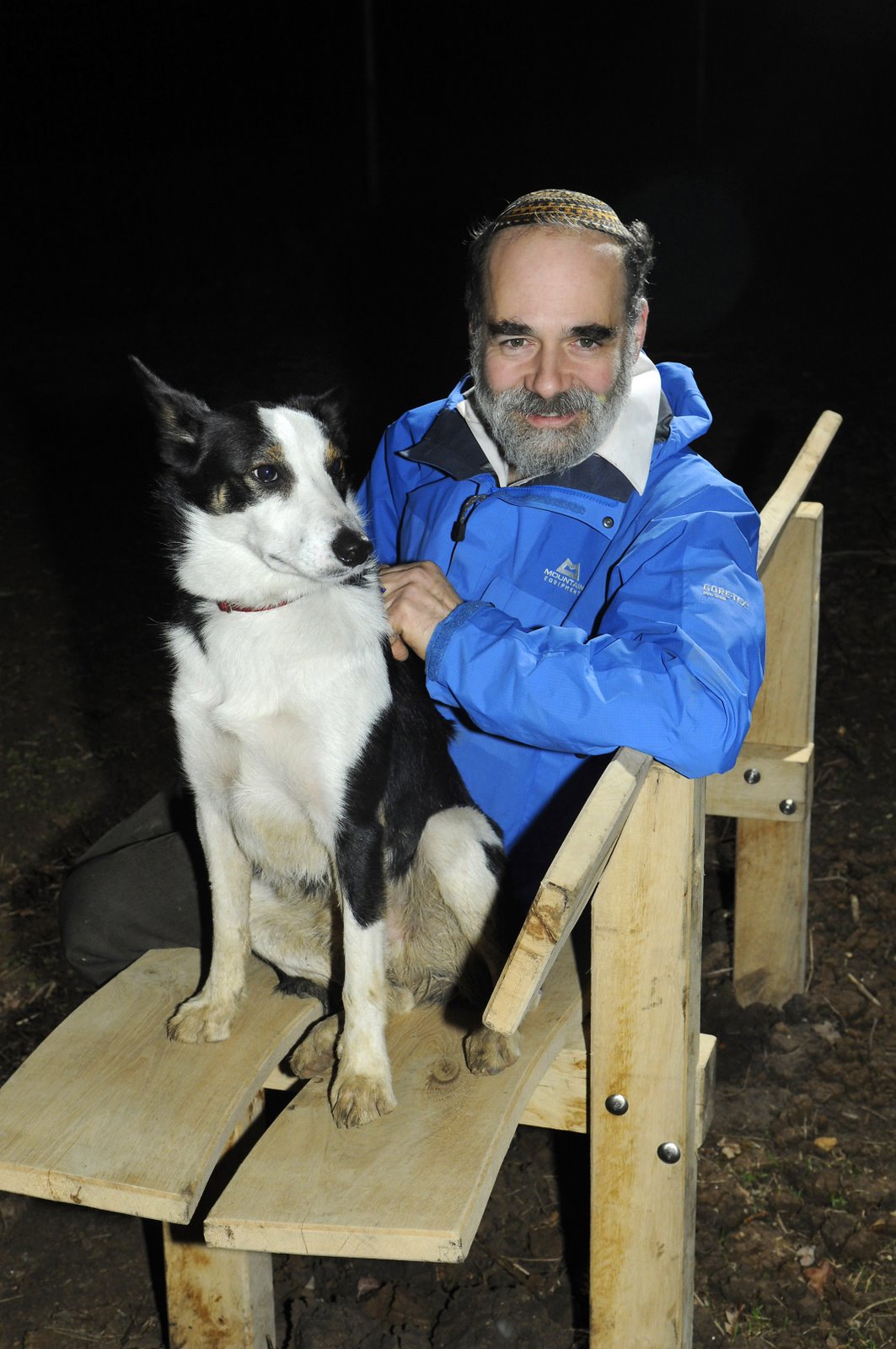Love as Faithful Kindness
‘He prayeth best who loveth best all creatures great and small’. This simple verse which presents the moral conclusion of Coleridge’s great poem, The Rime Of The Ancient Mariner, effects me greatly.
I love every word (or almost) of the long liturgy which stretches through the fourteen or so hours of prayer on Yom Kippur. I think of it as a great river: its wonderful melodies are like the deeps, the rapids, and the still pools by the banks; its waters are the spirit of the thousands of pietists, poets and musicians who formulated its words and composed its melodies, and the power of its current derives from the millions of our ancestors who poured their hearts and tears into its flow. The whole day of Yom Kippur (save for feeling thirsty when one gets home after Kol Nidrei and dry in the mouth and weak in the head when one gets up before Shacharit) can pass like one great mantra. It’s beautiful.
But ‘He prayeth best who loveth best’: Yom Kippur is not simply about prayer, it’s about love. It’s about the kind of prayer, and confession, and repentance, and inner change which represents a deeply felt and genuinely intended commitment to the practice of love.
Love here must be understood according to the true meaning of Chesed, faithful kindness, which embraces the rich and the poor, the small act of helping a child over the road, the daily privilege of being attentive to and appreciative of our family, friends, colleagues and neighbours, and the great devotion of spending years tending the sick or raising money to feed the hungry. There is no limit to Chesed, teach our rabbis, and it is greater than Tzedakah, giving the due portion we owe to charity, because the latter involves our money whereas the former calls in addition on our direct personal action and commands our hands, our heart and all our being. Love in this sense is what is meant by ‘You shall love the Lord your God’, that is that we should show respect and reverence for God’s presence in every living thing.
The real question of these Days of Penitence and of Yom Kippur is: how do we live a more generous, committed and loving life? That is the challenge, or rather the privilege, to which the beautiful prayers are intended to open our hearts.
Friday, October 3, 2008
Subscribe to:
Post Comments (Atom)

No comments:
Post a Comment